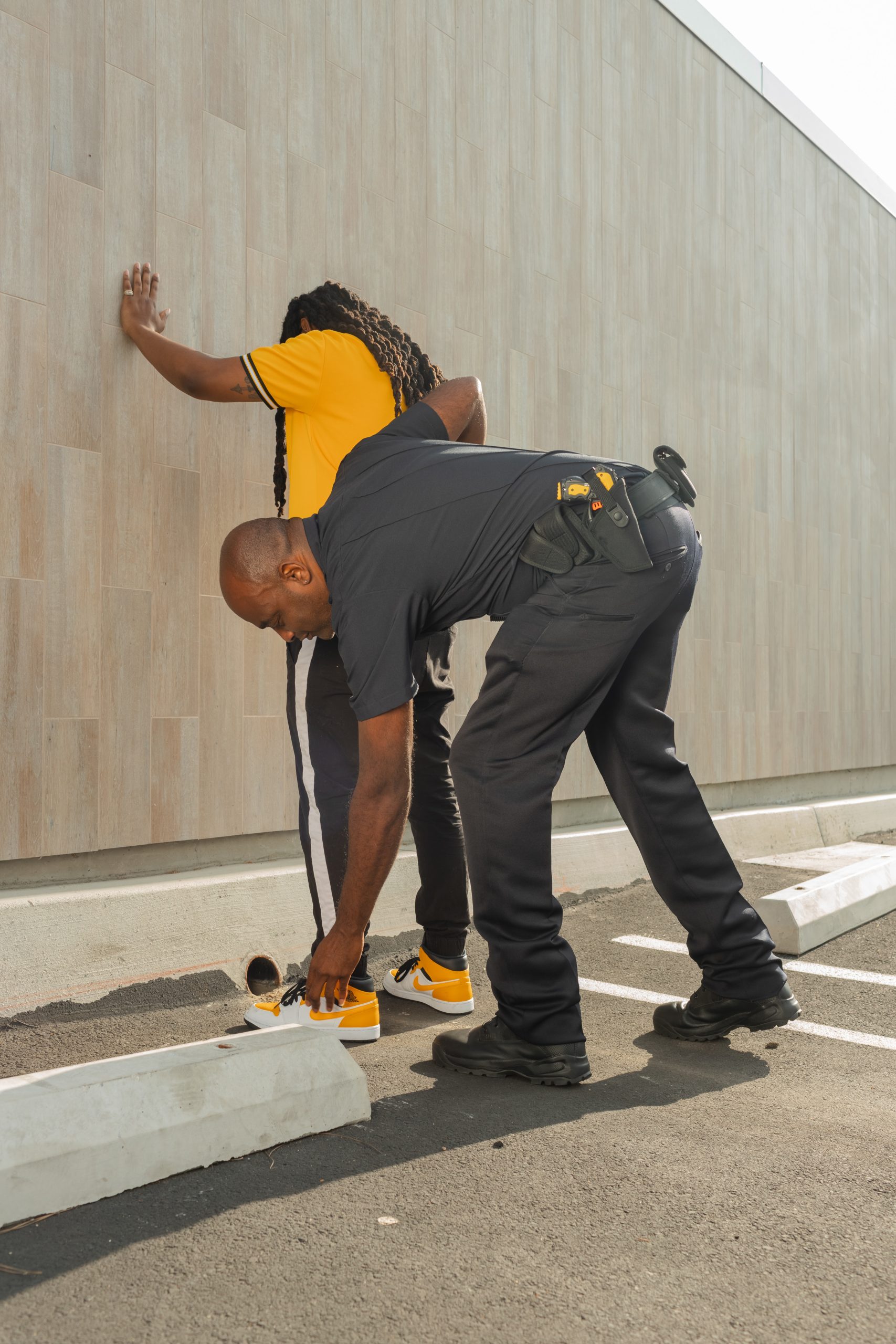SJC allows police to “double-dip” with show-cause hearings
 Show-cause hearings, also known as clerk-magistrate’s hearings, are a unique feature of the Massachusetts legal system, offering many of those accused of criminal conduct but not arrested a chance to privately contest charges before they publicly issue, thus potentially avoiding the expense, uncertainty, and reputational harm associated with a formal court proceeding. Established by statute under G. L. c. 218, § 35A, the main function of show-cause hearings is to assess whether probable cause exists for the criminal charges—usually solely on the basis of a police report attached to the application for a criminal complaint. Probable cause is a low legal bar—much less than the “beyond a reasonable doubt” standard applied at trial—but the Supreme Judicial Court (SJC) has also held that clerk-magistrates also have the discretion to “screen” or “mediate” charges that may be supported by probable cause but do not belong in the criminal justice system.
Show-cause hearings, also known as clerk-magistrate’s hearings, are a unique feature of the Massachusetts legal system, offering many of those accused of criminal conduct but not arrested a chance to privately contest charges before they publicly issue, thus potentially avoiding the expense, uncertainty, and reputational harm associated with a formal court proceeding. Established by statute under G. L. c. 218, § 35A, the main function of show-cause hearings is to assess whether probable cause exists for the criminal charges—usually solely on the basis of a police report attached to the application for a criminal complaint. Probable cause is a low legal bar—much less than the “beyond a reasonable doubt” standard applied at trial—but the Supreme Judicial Court (SJC) has also held that clerk-magistrates also have the discretion to “screen” or “mediate” charges that may be supported by probable cause but do not belong in the criminal justice system.
Unfortunately, in Cabrera v. Commonwealth the SJC took a step backwards with respect to the protections offered by show-cause hearings. The case began in summer 2020, when police officers responded to a noise complaint and encountered the defendant, who, according to the police, was intoxicated and had a handgun visible in one of his pockets. Although the handgun was properly licensed, police sought a criminal complaint under G. L. c. 269, § 10H, which bans possession of a loaded firearm while intoxicated. In fall 2020, a clerk-magistrate held a show-cause hearing and found no probable cause. This ruling was based on a mistaken reading of § 10H as requiring the possession to be in a motor vehicle.
The statute establishing show-cause hearings does not include any mechanism for review or appeal, but the SJC has held that a judge has inherent authority to revisit a decision not to issue the complaint if requested. In Cabrera, neither police nor prosecutors requested such a redetermination to correct the magistrate’s mistake about the meaning of § 10H. Police, however, had confiscated both the defendant’s handgun and his license to carry after the incident, and did not return them. Two years after the hearing, the defendant went to the police station at least three times to demand them back; police refused to return his belongings. At one point, the defendant suggested that he might sue the police department. Soon after these encounters, in May 2023, the same police officer who filed the original complaint application filed a new one, based on the same incident in 2020. A different clerk-magistrate found probable cause and allowed the criminal complaint to issue, leading to the initiation of a criminal case.
 Boston Lawyer Blog
Boston Lawyer Blog










